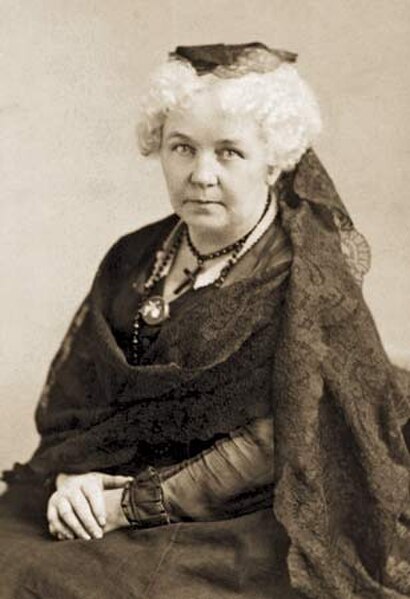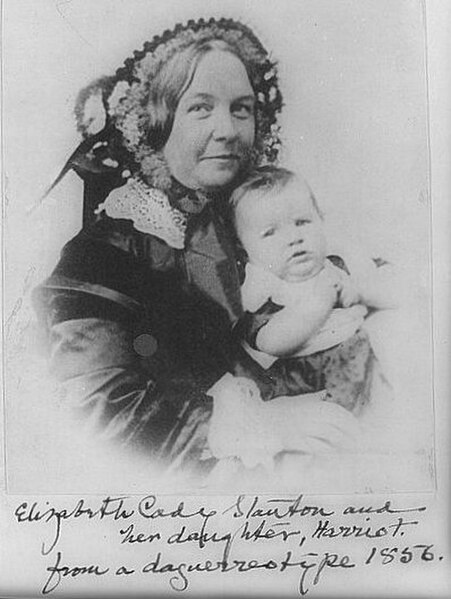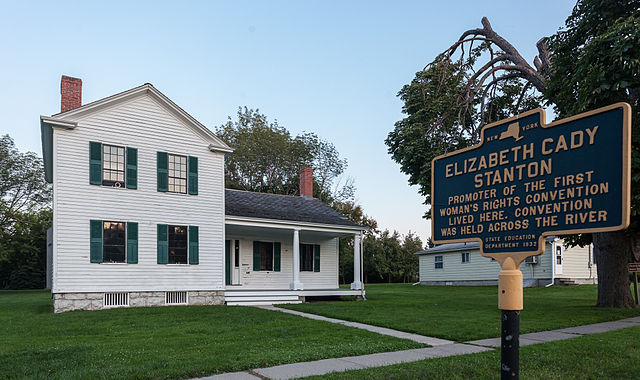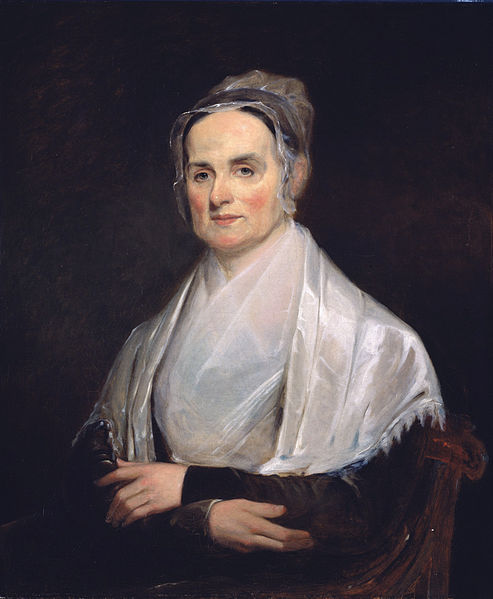Ernestine Louise Rose was a suffragist, abolitionist, and freethinker who has been called the “first Jewish feminist.” Her career spanned from the 1830s to the 1870s, making her a contemporary to the more famous suffragists Elizabeth Cady Stanton and Susan B. Anthony. Largely forgotten in contemporary discussions of the American women's rights movement, she was one of its major intellectual forces in nineteenth-century America. The quote, "women's rights are human rights," was believed to be first coined by her. Her relationship with Judaism is a debated motivation for her advocacy. As a rabbi's daughter, Ernestine had received more education than other women her age. Although less well remembered than her fellow suffragists and abolitionists, in 1996, she was inducted into the National Women's Hall of Fame, and in 1998 the Ernestine Rose Society was founded to “revive the legacy of this important early nineteenth century reformer by recognizing her pioneering role in the first wave of feminism.”

Ernestine Rose
Rose's grave in Highgate Cemetery
Elizabeth Cady Stanton was an American writer and activist who was a leader of the women's rights movement in the U.S. during the mid- to late-19th century. She was the main force behind the 1848 Seneca Falls Convention, the first convention to be called for the sole purpose of discussing women's rights, and was the primary author of its Declaration of Sentiments. Her demand for women's right to vote generated a controversy at the convention but quickly became a central tenet of the women's movement. She was also active in other social reform activities, especially abolitionism.
Stanton, c. 1880, age 65
Elizabeth Cady Stanton and her daughter, Harriot
The Stanton house in Seneca Falls
Lucretia Mott






